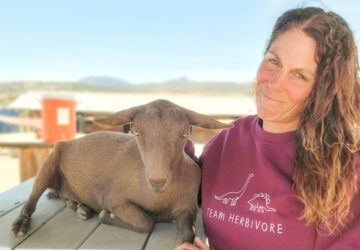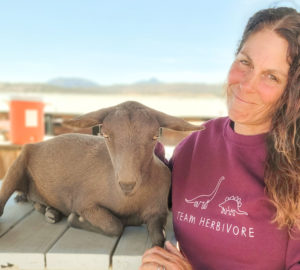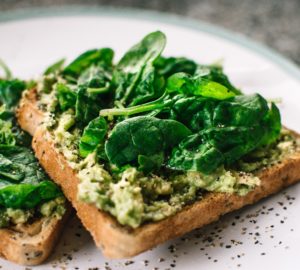Is wine vegan?
If you’re thinking, isn’t all wine vegan? It’s actually not!
When it comes to checking if your wine is vegan or not, it’s less about the what and more about the how. Depending upon the winemaking technique, sometimes animal-derived products are involved in the wine producing process — even if they aren’t necessarily in the drink itself.
So if you’re curious to know why your wine wouldn’t be vegan, here’s what you need to know.
The truth about “fining”
Winemaking isn’t a speedy process. The grapes need time to settle and clarify or else there will be sediment (think: little grape particles clinging to the glass). Since many wineries are in a rush to produce their batches, they often rely on something called “fining” to speed the process along.
Fining is the technique of using a collection of ingredients to get rid of unwanted stuff from the wine or correct any mistakes like cloudiness or weird flavors. They’re like a fast-forward button and magic eraser for winemakers.
Here’s where the animals come in: some fining agents include:
- casein (a milk protein)
- albumin (egg whites)
- gelatin (animal protein, usually from cows or pigs)
- isinglass (fish bladder protein)
If you’re wondering why these ingredients aren’t listed anywhere — the reasoning is that since the ingredients are eventually filtered out of the wine, they’re not necessary to include on the label. However, if this makes you uncomfortable — there are some simple tips to help you navigate your wine selecting!
Here’s what to look for
Be on the lookout for “unfined” on the label. That’s a good sign the wine clarified naturally over time without any animal intervention (hooray!). Also, bentonite (a purified clay) and activated charcoal are two completely vegan fining agents, so if you see those on the label you’re good to go.
Thankfully, apps like Vegaholic offer fast, accessible lists of vegan wine, beer, and liquor. And Barnivore features a massive database of wines noting which are vegan-friendly and which are not.
And here’s a list of some vegan-friendly wines to keep in mind next time you’re shopping:
View this post on InstagramA post shared by Summerhill Pyramid Winery (@summerhillwine) on
Check out more posts about living vegan here:
- Everything you need to know about eating out when you don’t eat meat
- 5 vegan friendly ideas for the perfect girl day
- 5 vegan skincare products you have to try for better looking skin









